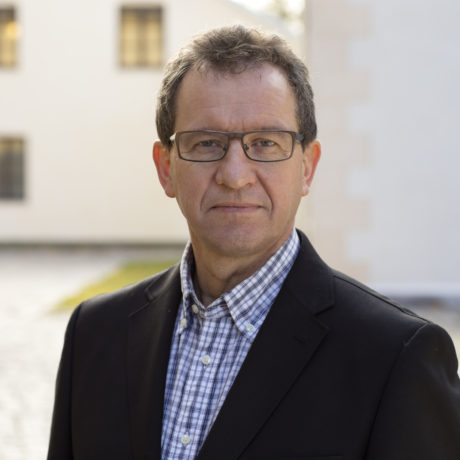A new publication by the NHC and the Foreign Policy Centre (FPC) Disputed Territories, Disputed Rights: How to address human rights challenges in Europe’s grey zones draws attention to the human rights situation in some of Europe’s most contested but least well known places: Transnistria, South Ossetia, Abkhazia, Nagorno-Karabakh and Crimea.
It brings together local and international experts to set out the current political situations in these disputed territories and what it means for human rights within them, as well as for other communities effected by them, including those living near unrecognised borders or who were displaced by the conflicts.
The publication brings together a range of different viewpoints but raises concerns about the human rights situation in all five disputed territories, particularly about the shrinking civic space in South Ossetia, Abkhazia and Crimea; the treatment of ethnic Georgians and Crimean Tatars; as well as the efforts by the de facto authorities and the Russians to create borders.
The publication has three central findings.
Firstly, that much more must be done to support the work of local non-governmental organisations (NGOs), journalists and lawyers operating in and with the disputed territories. The international community should also find ways to put pressure on the de facto regimes to prevent the closing of civic space and the increasing restrictions on NGO activity.
The publication shows that the European Convention on Human Rights continues to apply in the unrecognised states as a result of Russia, Ukraine, Moldova, Georgia, Armenia and Azerbaijan all being signatories.
So secondly, there is a need to improve access to international law and international monitoring processes by supporting lawyers both on the ground and internationally in taking cases to international courts and making use of ‘Magnitsky’ type legislation. International human rights monitoring missions must stop being blocked due to wrangling over ‘status’ issues.
Thirdly, the rights of internally displaced person (IDP) communities (particularly the very large Azerbaijani and Georgian IDP populations) and the human rights of ethnic Georgians, Ukrainians, Crimean Tatars and Moldovans who are still trying to live in the disputed territories must not be forgotten.
Many human rights issues can be solved in status-neutral ways, such as improving prison conditions, health care, education, social services, and housing; eliminating discrimination; and increasing respect for fundamental freedoms. Increased international support to local activists, journalists and lawyers are among the most promising ways to achieve that.
Gunnar Ekeløve-Slydal, Deputy Secretary-General in the NHC
Co-Editor Gunnar M. Ekelove-Slydal from the Norwegian Helsinki Committee says: “Many human rights issues can be solved in status-neutral ways, such as improving prison conditions, health care, education, social services, and housing; eliminating discrimination; and increasing respect for fundamental freedoms. Increased international support to local activists, journalists and lawyers are among the most promising ways to achieve that”.
Co-Editor and Foreign Policy Centre Director, Adam Hug, says: “If human rights are to be truly universal it is essential that the international community finds creative ways to support these values, even in territories where de facto authorities aren’t internationally recognised. Human rights abuses and closing of civic space by the de facto authorities must not be overlooked despite the tensions around the conflict.”
Russian and de facto state attempts at ‘borderisation’ must be halted, as the creation of a hard border for the sake of any future peaceful resolution to the crisis and to protect the rights of communities living on both sides of administrative boundary lines. Similarly it is vital that the international community increases its focus on the treatment of Crimean Tatars and other minorities, as well as ensuring the rights and needs of IDPs are not forgotten.
Key Recommendations
To the de facto authorities and recognised state governments
- Abide by all international human rights standards and allow access for monitoring missions;
- End pressures on NGOs, including those working with international partners or donors;
- Protect the rights and welfare of IDPs and minority groups;
To the International Community and Global Civil Society
- Prioritise human rights issues in dialogue with the de facto authorities and the state parties;
- Support capacity-building for civil society, journalists and lawyers in unrecognised states;
- Improve access to international legal mechanisms (e.g. ECtHR) and universal courts;
- Use sanctions, including ‘Magnitsky’ type provisions, against rights abusers in de facto states;
- Improve support for IDP communities.
The publication is being launched with a side event on Thursday 26th September at the OSCE Human Dimension Implementation Meeting 2019. You can read the report here.

